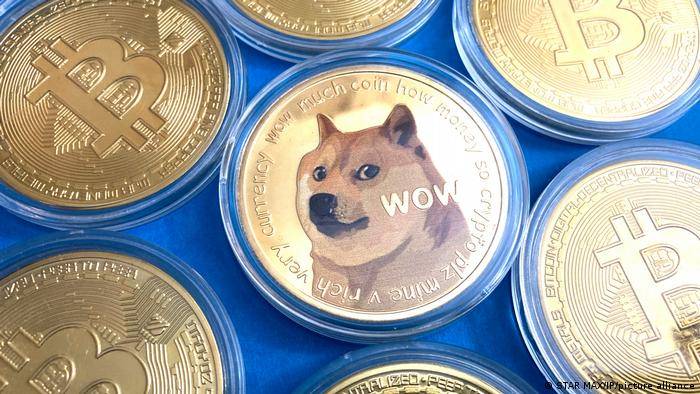Join Our Telegram channel to stay up to date on breaking news coverage
The co-founder of Ethereum, Vitalik Buterin, has proposed setting a new limit on the transaction calldata in a block to reduce the gas fees crippling the Ethereum network. The high gas fees on the network have been attributed to an exodus of users looking towards cheaper and scalable blockchain networks.
Buterin suggested a post on the Ethereum Magicians forum dubbed EIP-4488 regarding the high transaction fees for rollups and the large amount of money spent by users.
A short-term solution to reduce costs
Buterin stated that “Hence, a short-term solution to further cut costs for rollups, and to incentivize an ecosystem-wide transition to a rollup-centric Ethereum, is desired.”
Buterin stated there was an alternative through the gas costs issue. He stated that the fees could be reduced without altering the block size. However, he noted that this could also create a security problem if the calldata gas costs are dropped from 16 to 3.
“Some think layer 2 fees on ETH are too high because each byte of data a rollup uses costs 16 gas. To lower fees, the gas cost could be reduced to 3. This should be a large benefit, with 5x lower fees. However, this may mean blocksize is a new network constraint in the long term,” he stated.
Buterin also stated that the objective is to reduce the unprecedented levels of strain on the network and risk breaking it. He further spoke to the Ethereum community, stating that while it was still paramount to achieve scalability, one also needed to retain their security.
The proposal will come with a network upgrade
If this proposal is accepted, it will most likely come with a network upgrade. Moreover, it could result in a backwards-incompatible gas repricing on the Ethereum ecosystem. Through the network upgrade, miners will comply with a new regulation that will prevent the addition of new transactions onto a block.
However, the Ethereum community is also looking at other alternatives, such as implementing a soft limit. The network is also currently suffering from an influx of nonfungible tokens (NFTs). These tokens usually congest the network during sales, resulting in higher fees.
Your capital is at risk.
Read more:
Join Our Telegram channel to stay up to date on breaking news coverage


